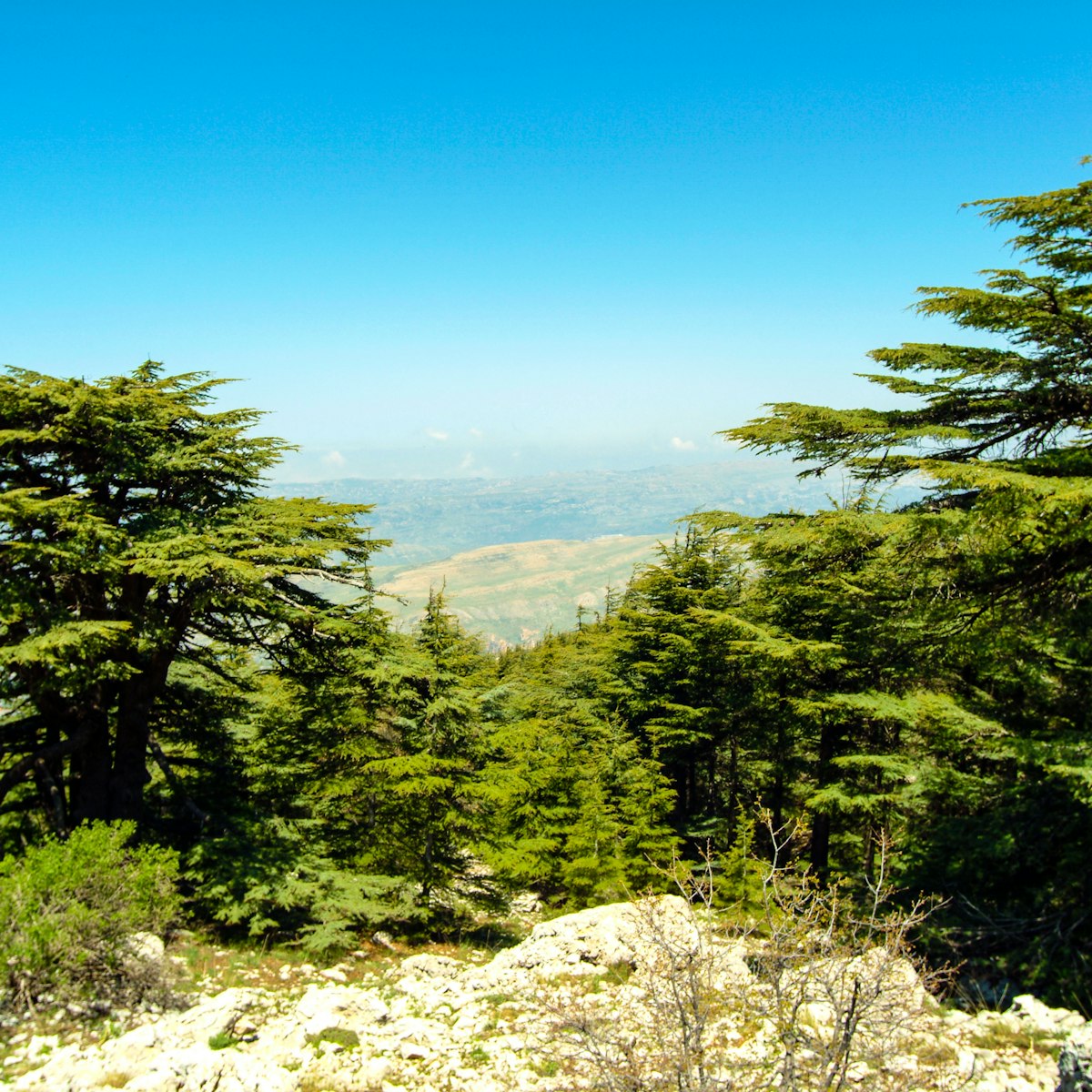A restored 12th-century Crusader castle surrounded by a 10m-wide dry moat is located just inside the entrance to Byblos' atmospheric archaeological site. It's an impressive building that offers an excellent perspective over the ruins from the top of its foursquare keep. A series of Bronze Age dwellings is clearly visible below the walls as you look towards the sea. Inside the castle, there's a small museum and a room with information panels outlining the city's history.

© Anton_Ivanov/Shutterstock
Lonely Planet's must-see attractions

18.29 MILES
Located on the former Green Line, this is Beirut's major cultural institution. Its impressive, magnificently displayed collection of archaeological…

29.76 MILES
The largest of Lebanon’s three natural protectorates, comprising an incredible 5% of the total land area, this is the largest natural cedar reserve in the…

18.21 MILES
Under the St Joseph university, this atmospheric and beautifully designed museum presents an extraordinary collection of exquisitely selected and…

29.46 MILES
The main square is a showcase of fine Arab architecture, including the Mosque of Emir Fakhreddine Maan, built in 1493, and, behind it, a cobbler's souq…

24.7 MILES
An enticing blend of tradition and modernity, the web of narrow streets of Tripoli's port quarter makes for wonderful strolling. The Phoenician city stood…

17.4 MILES
When a bomb fell on the Orthodox cathedral in 1975, the only silver lining was that it revealed these ruins beneath. Though the area is small, an…

29.49 MILES
Sitting majestically on a hill surrounded by terraced gardens and orchards, Beiteddine Palace is one of the highlights of the Chouf Mountains. This…

0.04 MILES
A well-restored Crusader castle dominates Byblos' atmospheric archaeological site, which incorporates Neolithic, Chalcolithic, Greek and Roman ruins –…
Nearby attractions
0.04 MILES
A well-restored Crusader castle dominates Byblos' atmospheric archaeological site, which incorporates Neolithic, Chalcolithic, Greek and Roman ruins –…
0.05 MILES
You can begin your tour here by turning left to explore the ruins, which include the remains of city ramparts dating from the 3rd and 2nd millennium BC.
0.06 MILES
The site's oldest temple dates back to the early 3rd millennium BC and was dedicated to the goddess of the city. Destroyed by the Amorites, it was…
0.06 MILES
This temple dates from the 3rd millennium BC and is thought to have been burned down during the Amorite invasions. It was then replaced with the Temple of…
0.08 MILES
Used at least as far back as the Neolithic period, this spring supplied the city with water until the end of the Hellenistic era (and where, according to…
0.08 MILES
These nine tombs were cut in impressive vertical shafts deep into the rock in the 2nd millennium BC and discovered after a landslip. Some of the…
0.08 MILES
Remains of the early 2nd millennium BC Obelisk Temple have 1500 gold-covered votive offerings in the shape of human figures, which were discovered here in…
0.09 MILES
To get access to earlier temples beneath it, this 3rd-century AD Roman theatre was moved and reconstructed by the sea cliff in the 1930s. It's one-third…






